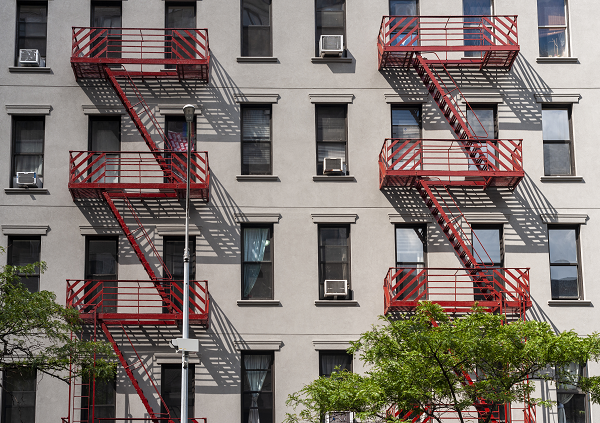The ONS has just published the Price Index of Private Rents (PIPR), which showed average UK private rents increased by 9.2% in the 12 months to March 2024 (provisional estimate).
This is higher than in the 12 months to January 2024. In the 12 months to March 2024, average monthly rents increased to £1,285 (9.1%) in England, £727 (9.0%) in Wales and £947 (10.5%) in Scotland.
In England, private rent inflation in the 12 months to March 2024 was highest in London (11.2%) and lowest in the North East (6.1%).
In Great Britain, the average private rent was highest in Kensington and Chelsea (£3,305) and lowest in Dumfries and Galloway (£475).
Riz Malik, director at R3 Mortgages said, “These rent increases are astronomical and wholly unsustainable.
“This is the reason why property ownership may be a distant dream for wannabe first-time buyers unable to save a decent deposit, especially in London and the South.
Simon Bridgland, broker/director at Release Freedom said, “The latest Price Index of Private Rents from the Office of National Statistics doesn’t help renters nor does it help the housing crisis we have in the UK.
“Whilst landlords may be relieved they are able to achieve yet further rent increases and cover more of their costs it simply kicks the can further down the road. How much longer can renters stomach there increases before defaulting on rental payments.
“The percentage of their wages being spent on housing costs is at its highest level on record and is not sustainable.
“Market leading buy to let mortgages being available under 5% means there is more breathing space for landlords, however they are still trying to claw back some of their perceived losses that they have endured over recent years. Increasing rents simply means property prices are buoyed without market correction happening on already inflated prices.”
James Bull, mortgage broker, at JB Mortgages, said, “The uptick in private rents isn’t unexpected, as it’s directly linked to the rise in mortgage interest rates.
“Landlords are forced to increase what they charge for rent, in order to cover the mortgage payments at higher interest rates than has previously been the case.
“This pattern is likely to persist, especially as more landlords transition from lower fixed rates to higher-rate deals.”






Leave a Comment